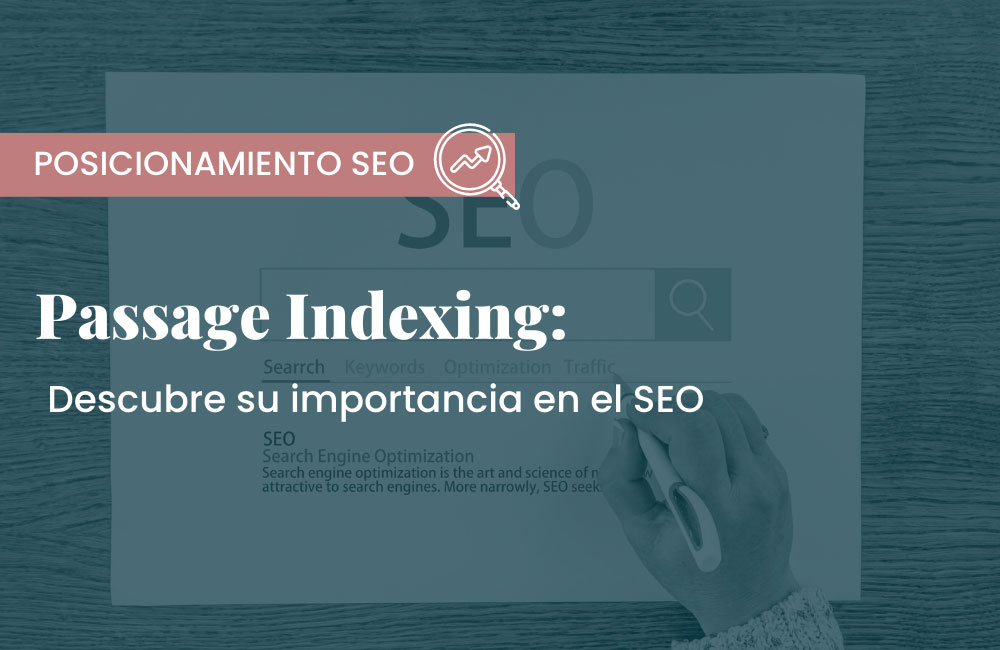Google is known for regularly updating its features and algorithms. It does this to improve its understanding of webpage content and user queries in order to deliver the best possible results. One of these recent changes is Passage Indexing, an update that, although not the most significant, has important implications for SEO that should be understood to properly implement our website and blog.
What Is Passage Indexing?
The Passage Indexing, also known as passage-based indexing, is a new Google feature that extracts specific sections of web pages and displays them in search results, even if the page as a whole discusses a different topic.
This means that even if the content on our page focuses on a broader topic, if one of the sections addresses the user’s search intent, that part of our text may appear as Passage Indexing in search results — even if that was not our original intention when writing it. For example, if our blog post is titled “The Best Italian Restaurants in New York” and we mention places like Little Italy, Greenwich Village, Central Park, and Fifth Avenue, and a user searches for “Italian food in Little Italy” or “Restaurants in Greenwich Village,” Google may show the section of our text that discusses those locations as Passage Indexing.
This means that with passage indexing, Google extracts sections of a website and ranks them independently from the rest of the content.
Differences Between Passage Indexing and Featured Snippets
The main difference between passage indexing and featured snippets is that featured snippets provide users with a quick answer to short questions so they don’t have to click any URL to get the information — for example, when we search for the current time in a specific country.
In contrast, passage indexing is a completely different system that analyzes the content of a page to determine whether it answers a query and displays it as a result.
Differences Between Passage Indexing and RankBrain
RankBrain is a Google algorithm based on machine learning. It helps the search engine process queries and deliver the most relevant web pages to users. In contrast, Passage Indexing is not an algorithm but an automated system that displays long content passages from a specific website.
Passage indexing does not replace featured snippets or RankBrain, as Google will continue indexing pages as usual. Instead, with the introduction of Passage Indexing, Google aims to better understand content to offer an improved user experience.
How Does Passage Indexing Work?
Passage Indexing is an important Google update that can significantly impact SEO. Although Google is not fully transparent about how it works, we know that Passage Indexing is possible thanks to Google’s neural networks. This happens because they increasingly understand the content of each page, classifying each section more accurately.
However, for now, it only affects less than 10% of queries, so as a user, you may not see it often in search results. For content creators whose pages are already well positioned, it should not have a major impact.
To strengthen this feature on your website, it is essential to research long-tail keywords and ensure that your content is long-form and covers topics in depth. It is also valuable to optimize your headings and ensure that sections covering slightly different topics are well optimized.
Ultimately, high-quality and useful content remains important for SEO. Passage Indexing can be an opportunity to stand out and improve the visibility of your content in search results. However, it is not recommended to over-optimize your website just to appear as an indexed passage, as this could backfire and negatively impact your ranking.
It is important to learn how Passage Indexing works and how you can adapt your content strategy to take advantage of this Google update. By focusing on quality and useful content, as well as proper optimization of your headings and keywords, you can improve your search rankings and increase your website’s visibility.



